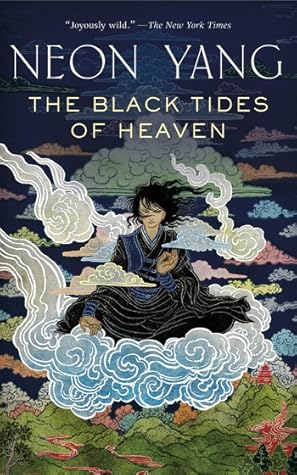More on this book
Community
Kindle Notes & Highlights
Earth, for gravity; Water, for motion; Fire, for hot and cold; Forest, for flesh and blood; Metal, for electricity. Everything else is extra.
“In the monastery,” Mokoya said, “they taught us that fortune is both intractable and impartial. That when bad things happen, it’s the result of an incomprehensible and inhuman universe working as it does. The mountain shrugs, but thinks nothing of the houses crushed in the avalanche. That was not its purpose.”
“We were born together, we stay together until we die.”
“Not just that. People make mistakes, they can’t be mistakes. And I don’t think you believe that either.”
“The Almighty decides our circumstances. He doesn’t decide our actions. It’s what He gave us free will for.” “So you chose rebellion.” “We chose to act. Rebellion was the Protectorate’s choice. They could easily have accepted our existence. But they didn’t.”
“The saying goes, ‘The black tides of heaven direct the courses of human lives.’ To which a wise teacher said, ‘But as with all waters, one can swim against the tide.’”
Because he had always known, even as a child, that he was the lightning, while she was the fire in the core of planets. And the world needed both. Revolutions needed both. Someone had to wield the knives, but someone also had to write the treaties.
With all the horrors in the world, it was easy to forget there were wonders too.
There was nothing he could say that would repair what had happened.
“I love you.” He said the words, over and over and over. I love you. I love you. Because Mokoya was still alive. Whatever the fortunes had woven, whatever the Almighty had willed, Mokoya had survived. Whatever Akeha could or couldn’t do, he could love her. And love—that was all that had sustained them since they were children.


